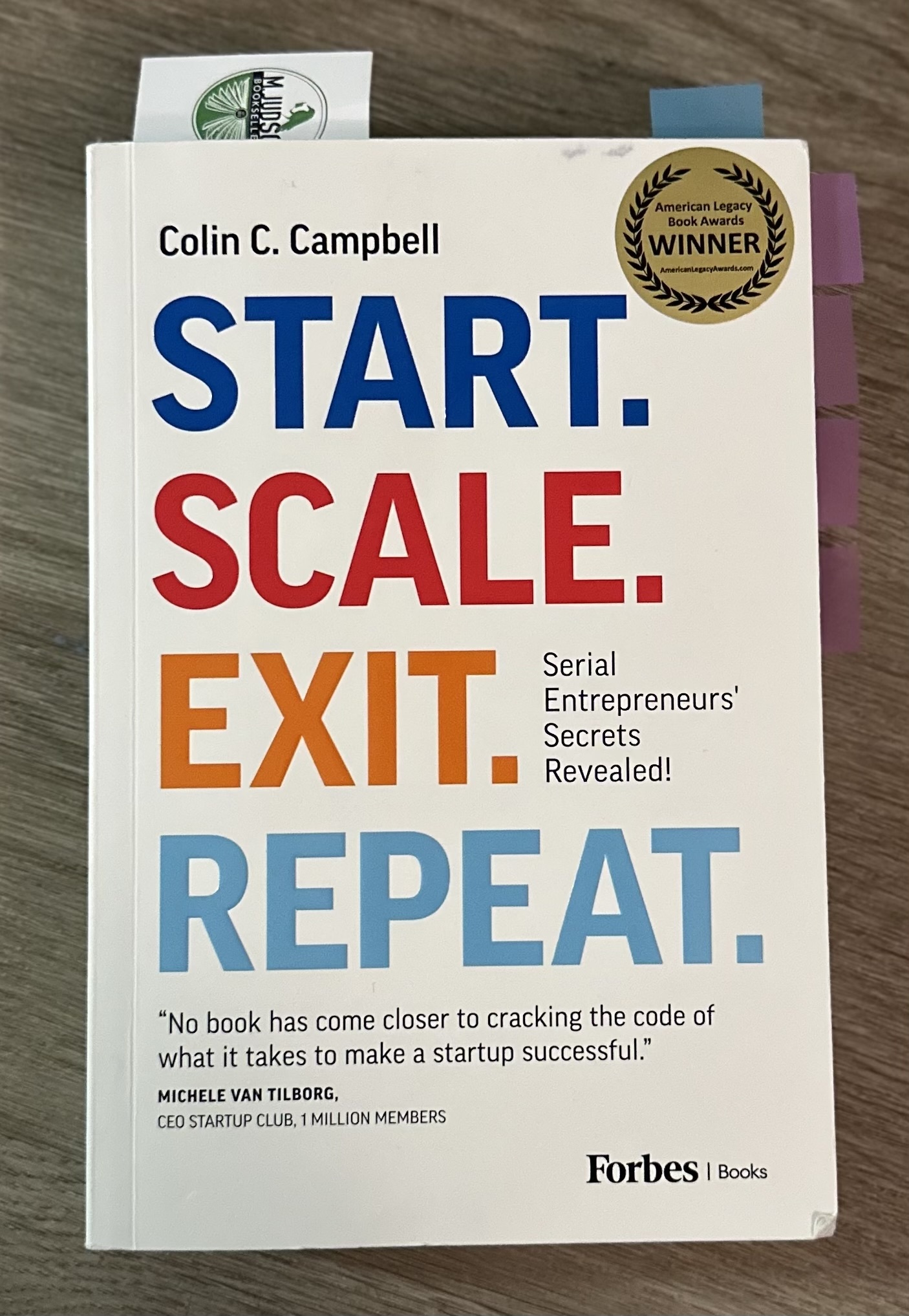Chapter 10 Breakdown: Hire Do-It-Yourself Employees – The Mindset That Moves Startups
Series: Start. Scale. Exit. Repeat. Reflections | Section A2: People | Author: Brent Parker, Resilience Repurposed LLC
Welcome to Chapter 10 of the Start. Scale. Exit. Repeat. Reflections Series
As we wrap up Section A2: People, this chapter shifts focus to what truly drives momentum in startups — employees who don’t wait for instructions. Colin C. Campbell makes the case that in the early stages of growth, your best hires aren’t just capable — they’re self-starting, adaptable, and proud to get their hands dirty. This isn’t about personality types; it’s about mindset. And mindset, when shared by your team, becomes rocket fuel for scale.
🔧 DIY is a Mindset, Not a Skill
Campbell clarifies that DIY employees don’t have to know how to do everything — they have to be willing to figure it out. It’s about ownership, problem-solving, and the courage to take initiative without waiting to be told (Campbell, 2023).
👣 Hiring DIY Employees Starts with You
Leadership by example is key. If you’re unwilling to run errands, fix issues, or show up in the trenches, you’re modeling the opposite of what a DIY culture demands. Campbell references the “everyone picks up trash” mentality from Disney as a clear standard for founder behavior (Campbell, 2023).
🔁 DIY is About Adaptability
Startups are in constant flux. Campbell stresses that hiring people who thrive in change — who can pivot, learn on the fly, and support the team — is more valuable than hiring for static job descriptions. Flexibility beats formality in the early stages of growth (Campbell, 2023).
🚀 DIY Encourages Ownership, Teamwork, and Innovation
Campbell outlines three core benefits of hiring DIY-minded team members: deeper ownership of outcomes, collaborative problem-solving under pressure, and a hunger for improvement that drives real innovation. These are not soft skills — they’re survival traits for scaling companies (Campbell, 2023).
🎯 Final Insight
DIY isn’t just a hiring filter — it’s a foundational culture trait. When every employee shows up with the mindset to solve, build, and improve, the entire company moves faster and more intelligently. Campbell’s message is clear: the best early hires aren’t looking for a job — they’re looking to own a mission.
🔁 Coming Next: Chapter 11 – Why You Need a Clear North Star
In the next chapter, we’ll begin Section A3: Money — and focus on why scaling too early can be fatal. Campbell teaches how to use metrics, timing, and alignment to scale with intention, not impulse.
📚 References (APA Style)
Campbell, C. C. (2023). Start. Scale. Exit. Repeat. Wiley.
